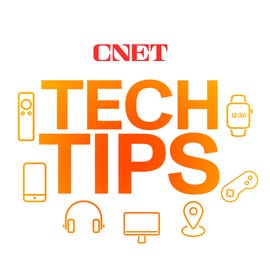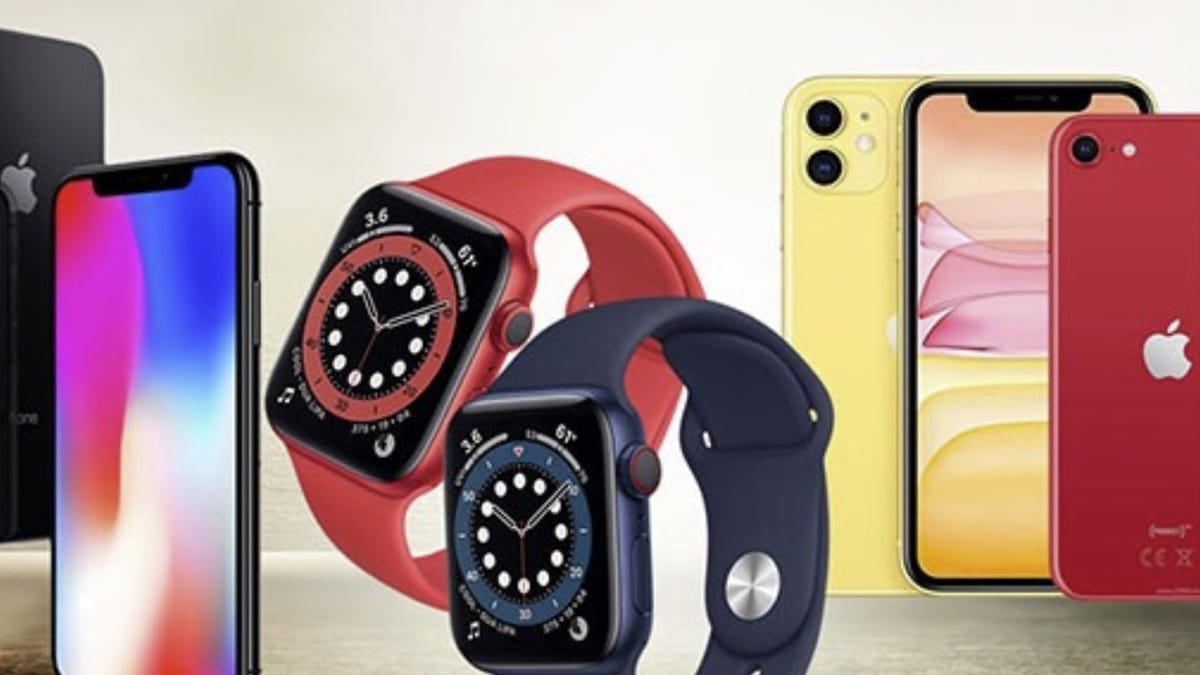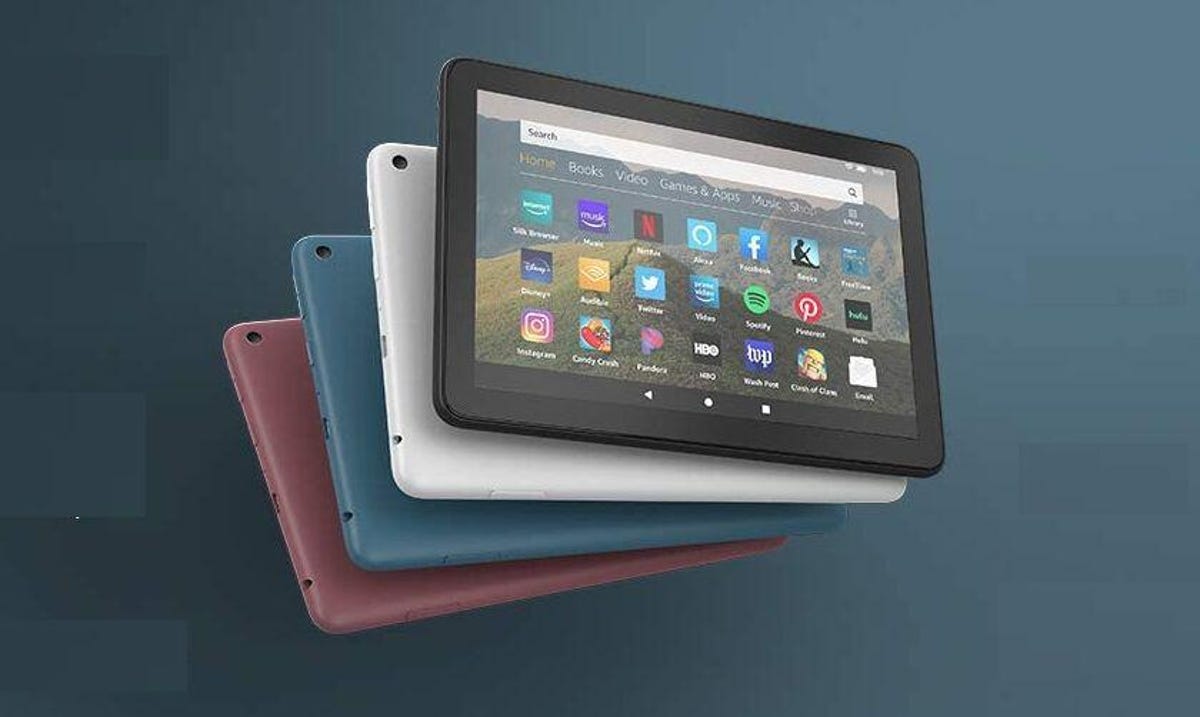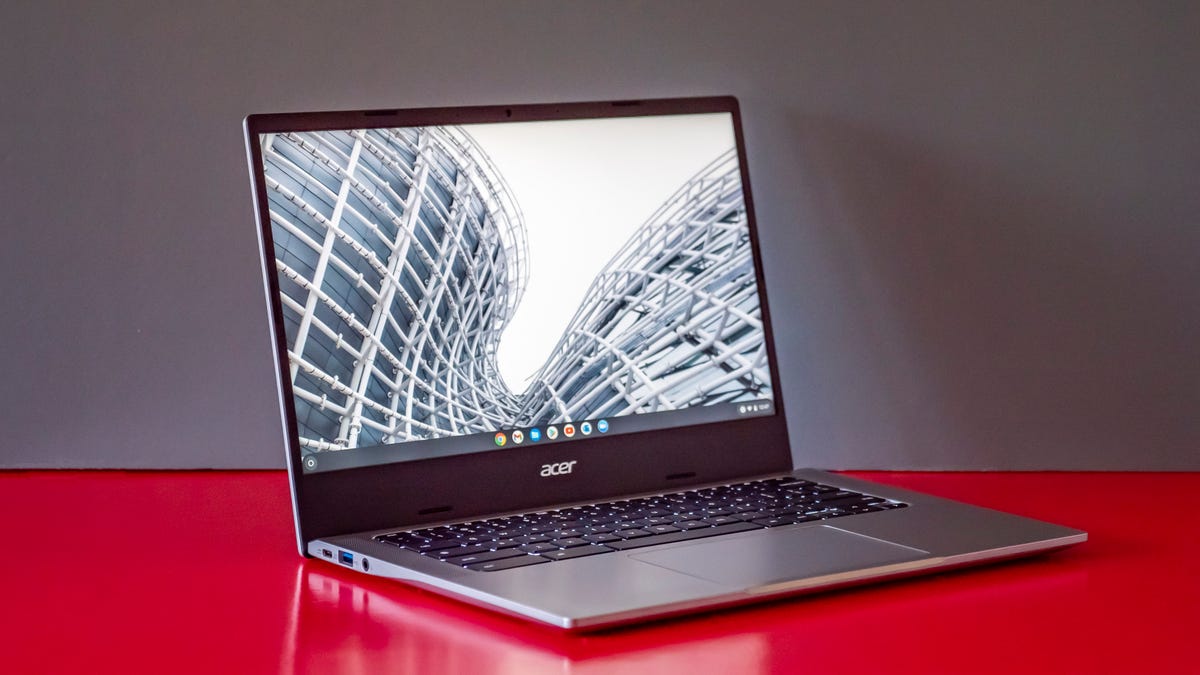If you scored a deal on a new phone, tablet or laptop on Black Friday, don’t condemn your old device to your in-home gadget graveyard — or worse, the trash can. We all hang onto outdated tech for our own reasons, but there are also multiple ways to repurpose old devices for your smart homeusing them as security cameras and more.
Whatever the tech, when it’s finally time to say goodbye, there’s a right way to dispose of your old gadgets — and there are a lot of wrong ways. We’ll show you which is which.

What should I do before I get rid of a device?
When you’re finished with a gadget, make sure it’s also finished with you. Make sure to back up anything you want off the device — photos, videos, songs — and then perform a factory reset. Here are a few CNET articles to help clarify the finer points of wiping a device:
Here are the best places here in the US to recycle, repurpose or give new life to your old technology.
Smartphone Recycling
Smartphone Recycling lets you print a free FedEx shipping label or request a recycling kit. Ship your old smartphone and you might even get paid, depending on the device’s condition and age. Smartphone Recycling accepts devices in bulk, so you have to ship a minimum of 10. Depending on how long you’ve been hoarding phones, you might meet this quota on your own. If not, check with friends and family and make it a group effort.

If you succumbed to the siren song of the newest gadget, even if your current device wasn’t on its last leg, we’re not here to judge.
Woot/Screenshot by CNET
What you can recycle: Smartphone Recycling accepts smartphones, cell phones, MacBooks, tablets, iPhones, iPads, iPods and Apple Watches, as well as batteries attached or installed in devices.
Best Buy
Best Buy accepts a wide range of tech products and generally takes three items per house per day. Specifics may vary depending on where you live, but you can check with the state-specific recycling information dropdown menu on the site.
Best Buy also offers a haul-away option for larger appliances like TVs, dishwashers, freezers, microwaves, treadmills and exercise bikes. If you’ve ordered a new product, Best Buy will take away your old one for recycling. There’s also a stand-alone haul-away option that costs $200. You can have two large items hauled away as well as an unlimited number of smaller itemswith some exceptions.
What you can recycle: Best Buy can take TVs, cables and chargers, media players, projectors, laptops, hard drives, webcams, cellphones, calculators, radios, landlines, headsets, vacuums, fans, ink and toner cartridges, alarm clocks, speaker systems, e- readers, video game consoles, memory cards, camcorders, digital cameras, GPS devices and more.

If you don’t want to recycle your tablet, there are places to donate technology.
Amazons
Staples
Office supply store Staples also offers free recycling options for old technology. Staples accepts up to seven items per customer per day. The company also has various haul-away options, driver pickup and pallet pickup, as well as prepaid address labels available.
What you can recycle: Staples can recycle accessories, adapters, cables, computers, cordless and mobile phones, digital cameras, laptops, routers, tablets, webcams, ink and toner and other office tech items.
HomeDepot
Home Depot has an explainer on its website about how to safely dispose of dead batteries, old paint, electronics and other items, as well as tips for upcycling and repurposing. According to RecycleStuff.org, the service is drop-off only for residential customers.
What you can recycle: According to RecycleStuff.org, Home Depot accepts household alkaline batteries (AA, AAA, C, D, 9V), lithium-ion batteries, nickel-cadmium batteries, rechargeable household batteries, cell phones and LED light bulbs.
US Environmental Protection Agency
The EPA doesn’t handle recycling and drop-offs the same way other businesses do, but it does have a handy guide that makes it easier to get the information you need. The EPA’s directory breaks down donations and recycling by electronic devices, company name, logo and any additional details.
What you can recycle: Again, the EPA’s directory links you out to specific companies and their policies, but according to the list, you can recycle and donate mobile devices, PCs and TVs as well as imaging equipment and supplies.
Electronics Take-Back Coalition
Like the EPA, the Electronics Take-Back Coalition makes it easy to find manufacturer take-back programs in the US. You can browse over 25 companies’ take-back program summaries, including Acer, Apple, Dell, HP, Lenovo, Panasonic, Sony and more.
The Electronics Take-back Coalition doesn’t handle recycling, but it can direct you to the proper resources for your needs.
What you can recycle: Depending on the company, you can find places to turn in iPhones, iPads, smartphones, monitors, computers, printers, keyboards, mice, DVD and VHS players, cameras, TVs and more.

Your laptop can be recycled, donated or repurposed. We’ll tell you where to look.
Josh Goldman/CNET
EcoATM
EcoATM gives you a price estimate for your old phone that you can lock in on the mobile app using your old device’s IMEI number. EcoATM will ask a few questions about your device like brand, model, memory, carrier and condition before generating a quote. From there, you can visit one of the organization’s kiosks, located at stores like Kroger, Walmart and Dollar General.
What you can recycle: EcoATM can help with iPhones, Samsung smartphones, tablets and MP3 players, Google Pixel phones, LG phones and tablets, Motorola phones and ZTE phones. You can also recycle chargers and cellular accessories like cases, but you won’t be paid for them.
Earth911
Earth911 lets you search by device and ZIP code to find appropriate nearby locations to turn in old phones. When you visit the organization’s website, click Where to Recycle at the top of the page to get started. Earth911 works with well-known businesses like Lowe’s and Target, as well as local waste and recycling centers.
What you can recycle: Earth911 helps you find locations to recycle, but it will also note the materials the location accepts, whether it allows drop-off or pickup for residential or businesses, as well as any additional information.
Recycling for Charities
Recycling for Charities accepts technology donations, but gives a percentage of the device’s value to the charity of your choosing. Scroll through a directory of charities, select one, enter the required information and click donate. Charities receive anywhere between 25 cents and $100 from your items.
What you can recycle: Wireless cell phones and corresponding batteries, iPhones, wireless pagers, digital cameras, iPods, PDAs and Palm Pilots.
Call2Recycle
Call2Recycle is a battery-focused recycling program. The organization offers drop-off options at locations like Home Depot, Lowe’s and Staples, as well as shipment boxes for batteries and cell phones. Drop-offs are free, but recycling kits and shipment boxes cost between $45 and $115, depending on the size.
What you can recycle: Rechargeable batteries like Nickel Cadmium, Nickel Metal Hydride, Lithium Ion, Nickel Zinc and Small Sealed Lead Acid weighing up to 11 pounds. Call2Recycle also accepts single-use batteries such as AA, AAA, 9V, C, D and button cell batteries weighing up to 11 pounds. The organization also accepts cell phones and their corresponding batteries regardless of size, make, model or age.
For more information, check out five things you can recycle (and five things you can’t) and the right way to recycle plastic and the dos and don’ts of recycling metal cans.
